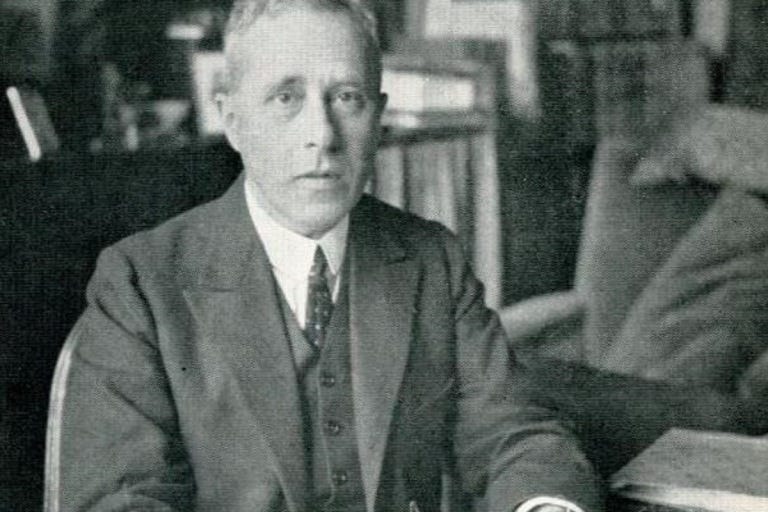The Gamification Trap
When Life Becomes a Skinner Box
The Gamification Trap refers to the unintended consequences arising from the increasing integration of game-like mechanics into everyday experiences, which can transform meaningful activities into mere competitions for rewards. This concept, influenced by the theories of Dutch historian Johan Huizinga, highlights the dual nature of play, showcasing its potential to either enrich human experience or reduce it to transactional interactions driven by external incentives. Huizinga’s foundational work on play, particularly in his seminal book, underscores the cultural significance of play, emphasizing its role as a catalyst for civilization while warning against the perils of oversimplifying its intrinsic value through rigid gamified structures.




